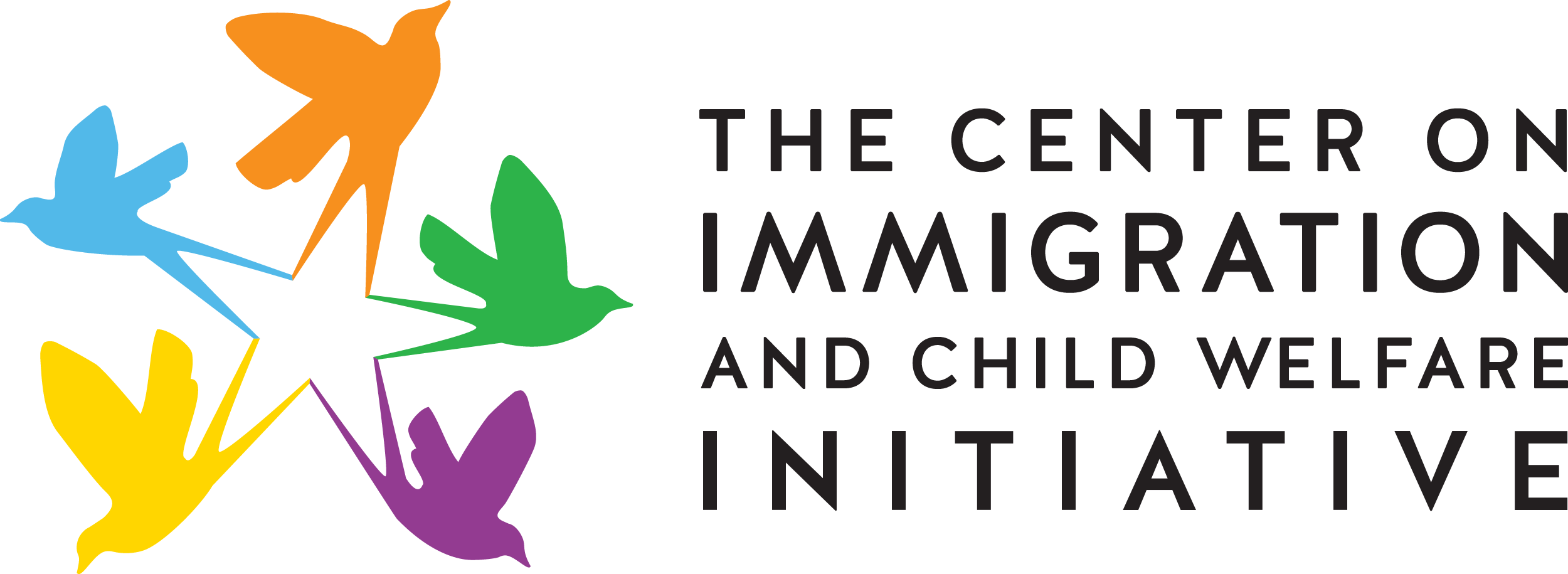Immigrant and Community Integration Step by Step Guide to Local Integration Programming
Ben Brokaw & Leya Speasmaker, Catholic Legal Immigration Network, Inc. (June 2020)
This resource provides key steps for organizations in the design, implementation, evaluation, and reassessment of immigrant integration endeavors.

